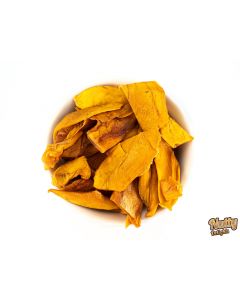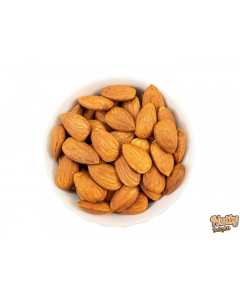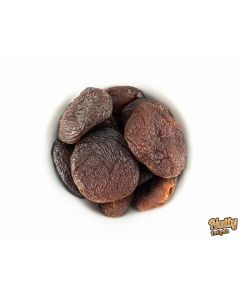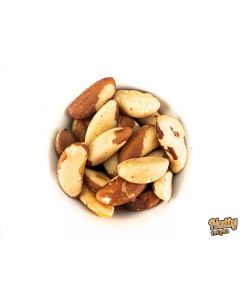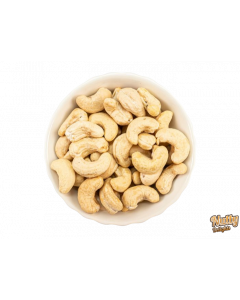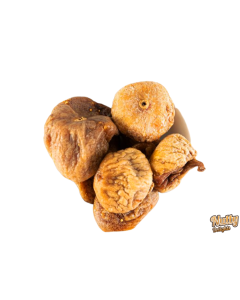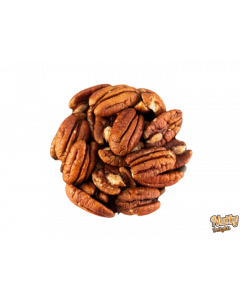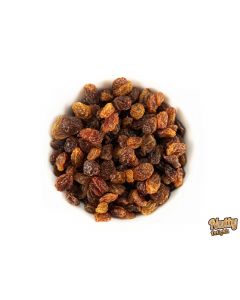We use cookies to make your experience better. Read more.
Organic
Frequently Asked Questions
What is organic?
The word "organic" refers to the way farmers grow and process agricultural products. Organic farming practices are designed to meet the following objectives: Improve soil and water quality, reduce pollution, provide safe and healthy habitats for livestock, allow for natural livestock behaviour and promote a self-sustaining resource cycle on a farm.
Why does organic cost more?
Certified organic products are usually more expensive than conventional products for many reasons. These include production costs, which tend to be higher because they require more labour per unit of production; post-harvest handling of organic food is more expensive because of the mandatory separation of organic products from conventional products, especially during processing and transport; because of their limited supply; and because relatively small volumes make distribution more costly.
Is organic food more nutritious than conventional foods?
There is a growing body of evidence demonstrating some potential benefits of organic foods compared to conventionally grown foods. While these studies have shown differences in foods, there is little information available to draw conclusions on how these differences translate into overall health benefits.
Does organic food taste better?
Not necessarily, although there are some studies and claims by certain organisations that some varieties of fruit and vegetables may have a more "natural" taste or better organoleptic properties.
What is the difference between organic and other kinds of farming?
The essential difference between organic and conventional farming is that conventional farming relies on chemical intervention to combat pests and weeds and provide plant nutrition. That means pesticides, herbicides, and synthetic fertilisers. Organic farming relies on natural principles such as biodiversity and composting rather than producing healthy and abundant food.
Are organic products gluten-free?
It depends on the product, if that product is a cereal that contains gluten, or a product that contains this ingredient, then it wouldn’t be gluten-free. Fruits, vegetables, nuts, etc. themselves do not contain gluten. At Nutty Delights, both our organic nuts and our organic dried fruit are completely gluten-free.
Maintenance of organic products
To make sure that there is no mixing of conventional and organic products, we separate these two categories both in the warehouse and in the shops, having a label at all times indicating what kind of product it is at all times. This way we avoid confusion when selling organic products.
Do organic nuts have any health benefits?
Apart from the health benefits, it can bring thanks to the environmentally friendly mode of production (and as a consequence improving our quality of life), research suggests that eating nuts can: Combat cell damage, reduce cholesterol, boost the immune system, help to prevent cardiovascular diseases and have a healthy heart, it strengthens bones, take care of your brain; help control appetite, they favour recovery after intense physical effort and much more.
Do organic dried fruits have any benefits?
Apart from the health benefits that they can bring thanks to their environmentally friendly production method (and consequently improving our quality of life); they are satiating; the feeling of satiety that dried fruits give is largely due to their high fiber content; another property of dried fruits is that they are effective laxatives; they help prevent anemia; they are excellent antioxidants; they prevent overeating and displacing the consumption of bad ultra-processed products and much more.
Are organic products safer?
Compared to conventionally grown produce, organically grown produce has lower detectable levels of pesticide residues. Organic produce may have residues due to pesticides approved for organic farming or airborne pesticides from conventional farms. The difference in health outcomes is unclear due to safety regulations for maximum residue levels allowed on conventional produce.
Are organic products all-natural?
At nutty delights, all our organic products are natural, but in general cases, they don't have to be. On a food label, the word "natural" usually means that it contains no artificial colours, flavours, or preservatives. It does not refer to the methods or raw materials used to produce the ingredients of the food.

